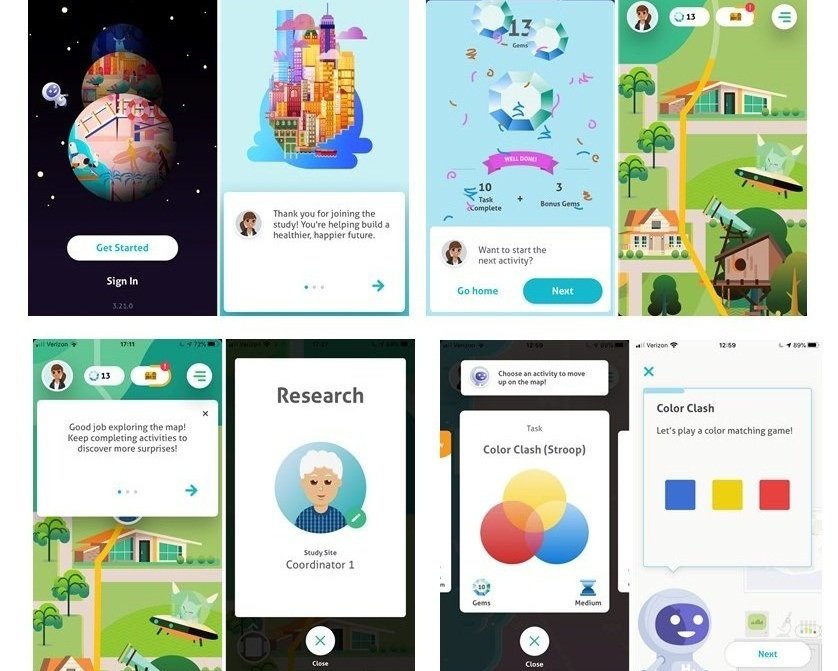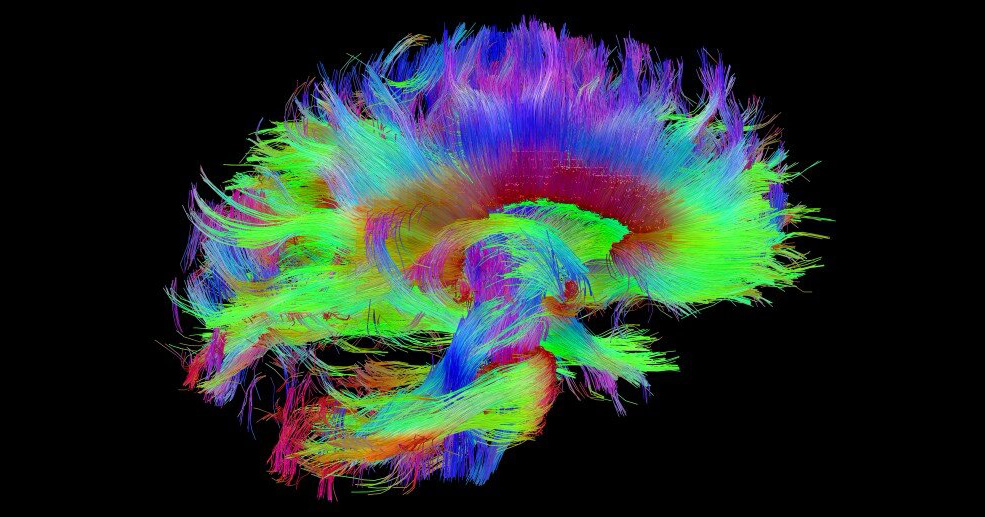In an age when smartphones are part of our daily lives, their potential for revolutionizing healthcare continues to expand. For example, a recent study published in JAMA Network Open highlighted an exciting development. A smartphone app can detect early signs of a type of cognitive decline called “frontotemporal dementia.”
The Study’s Findings Show Promise for Cognitive Health
The smartphone app showed great promise in detecting frontotemporal dementia in a group of 360 patients. The study was led by Adam M. Staffaroni, PhD, from the Memory and Aging Center at the University of California, San Francisco. The researchers reported the app had moderate to excellent reliability compared to standard in-person assessments and neuropsychological testing. Most impressively, it was more sensitive to the earliest stages of familial frontotemporal lobar degeneration (FTLD), a type of dementia.
These findings suggest that remotely deployed smartphone-based assessments may be reliable and valid tools for evaluating FTLD. This means they could potentially enhance early detection.
“These assessments may be useful for detecting early symptoms of the disease at a level that is on par, or perhaps slightly better, than our gold standard in-person tests,” Dr. Staffaroni told Medscape Medical News.
App Can Address Barriers in FTLD Detection
FTLD is a rare form of dementia that includes progressive abnormalities in behavior, executive function, language, or motor function. It often eludes early detection due to the insensitivity of standard neuropsychological tests to early-stage disease. Dr. Staffaroni and colleagues aimed to reduce these barriers through the use of smartphone-based cognitive assessments. Partnering with software company Datacubed Health, they developed the ALLFTD-mApp, which includes cognitive, motor, and speech tasks.
The study was conducted from 2019 to 2023. It required participants to perform executive functioning tasks and an associative memory task three times over two weeks. These app-based tasks were complemented by standard in-clinic measures. The results showed moderate-to-excellent reliability in smartphone tests among the participants.

The Impact of Remote Testing
“The remote aspect of this technology is important because it could allow researchers to collect data more frequently, which may give them a more accurate picture of the disease,” Dr. Staffaroni told Medscape Medical News. “Furthermore, researchers can be more inclusive in their study designs and include participants who otherwise might have difficulty traveling to academic centers for standard in-person visits.”
This ability to frequently and remotely monitor cognitive health is a game-changer. It could transform how we detect and manage neurodegenerative diseases like FTLD and other forms of dementia. The study’s findings suggest that smartphones could offer a feasible, reliable, valid, and scalable solution for remote evaluations, potentially improving early detection and monitoring.
Stay Informed
While these results are promising, further research is needed. Scientists must validate the findings across diverse populations. They must also evaluate the utility of these tests for long-term monitoring of cognitive health.
“To really understand how this can be used in the community, we need to understand how well these measures are able to differentiate FTD from the myriad other neurodegenerative and non-neurodegenerative causes of cognitive changes,” Dr. Staffaroni told the Parsemus Foundation. “We are beginning to collect data across a range of other conditions such as Alzheimer’s disease to help us begin to answer this question.”
Meanwhile, the Parsemus Foundation continues to fund and highlight promising research on preventing and identifying dementia. Early detection and treatment are important to fighting all forms of dementia. Check out our Alzheimer’s Disease Prevention page here. See our previous blog posts on the topic here. They include info about how Omega-3 fatty acids and blueberries can preserve brain health, and why hearing loss is one of the risk factors for dementia. Join our email list to stay informed about this topic and others that interest you.
Image of brain scan at top courtesy of the USC Mark and Mary Stevens Neuroimaging and Informatics Institute (www.ini.usc.edu).



